Picture this: the world’s most annoying insect suddenly becomes humanity’s greatest ally in the fight against disease. While most people swat mosquitoes away in disgust, a growing number of scientists are looking at these tiny bloodsuckers with fascination and hope. The very creatures that spread malaria, dengue fever, and Zika virus could soon be delivering life-saving vaccines directly into our bloodstream. This isn’t science fiction – it’s cutting-edge biotechnology that’s already showing remarkable promise in laboratory settings. Researchers are literally rewriting the genetic code of mosquito saliva, transforming nature’s most efficient disease delivery system into a precision medical tool. The implications are staggering, especially for remote communities where traditional vaccination programs struggle to reach.
The Mosquito’s Secret Weapon: Understanding Saliva’s Power
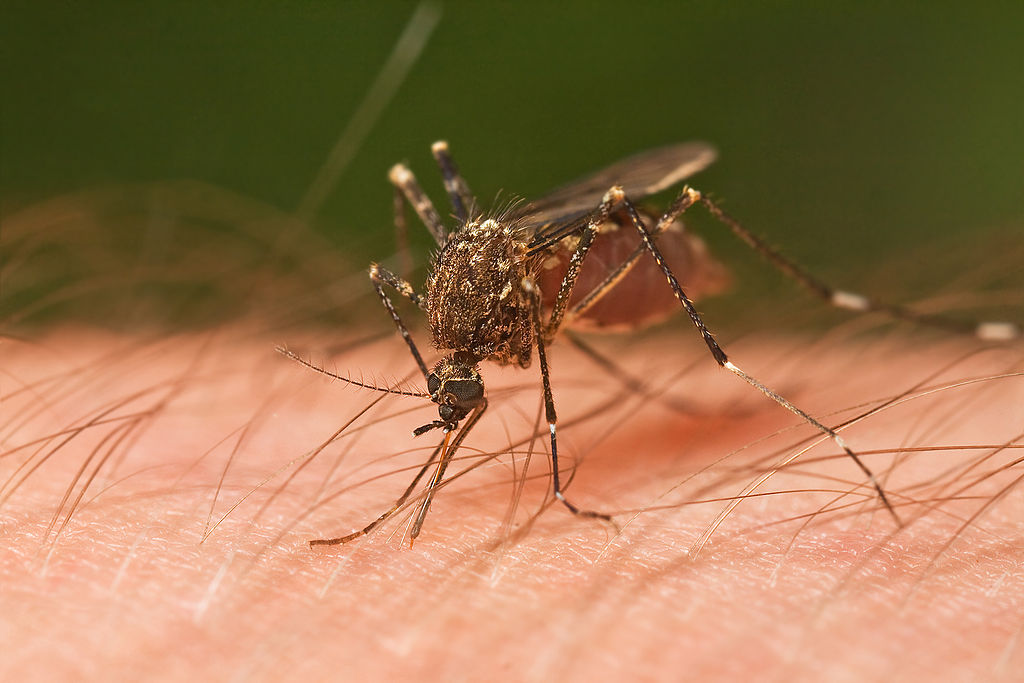
When a mosquito bites you, it’s not just stealing your blood – it’s performing a complex biological dance that has evolved over millions of years. The mosquito’s saliva contains a cocktail of proteins and enzymes that prevent blood clotting, numb the bite area, and suppress your immune response. This natural pharmacy ensures the mosquito can feed uninterrupted while remaining largely undetected by your body’s defenses. Scientists have discovered that mosquito saliva is incredibly sophisticated, containing over 100 different proteins that work together like a well-orchestrated medical procedure. Some proteins act as anticoagulants, others as painkillers, and still others as immune suppressors. This biological toolkit makes mosquitoes remarkably efficient at delivering substances directly into our bloodstream without triggering immediate rejection.
From Disease Vector to Vaccine Delivery System
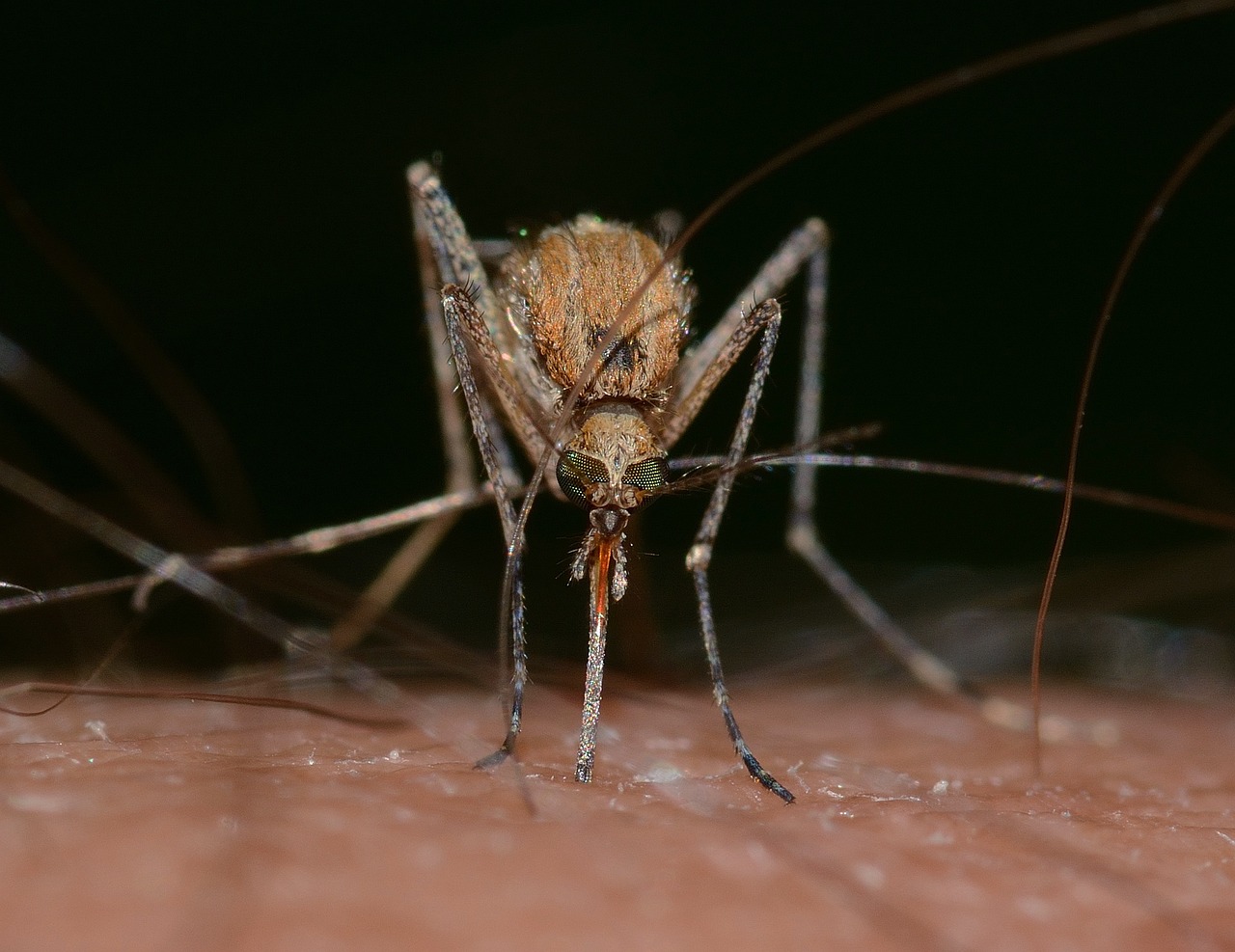
The breakthrough came when researchers realized they could hijack this natural delivery system for beneficial purposes. Instead of allowing mosquitoes to inject disease-causing pathogens, scientists are engineering them to carry vaccines and therapeutic proteins in their saliva. This approach bypasses many of the challenges associated with traditional vaccination methods, such as needle phobia, cold storage requirements, and the need for trained medical personnel. The concept mirrors how nature already uses mosquitoes to spread diseases, but flips the script entirely. By modifying the mosquito’s genetic makeup, researchers can program these insects to produce and deliver specific vaccines through their natural feeding behavior. Early experiments have shown that genetically modified mosquitoes can successfully transfer protective antibodies and vaccine components to mammals through their bites.
The Genetic Engineering Process Behind the Magic
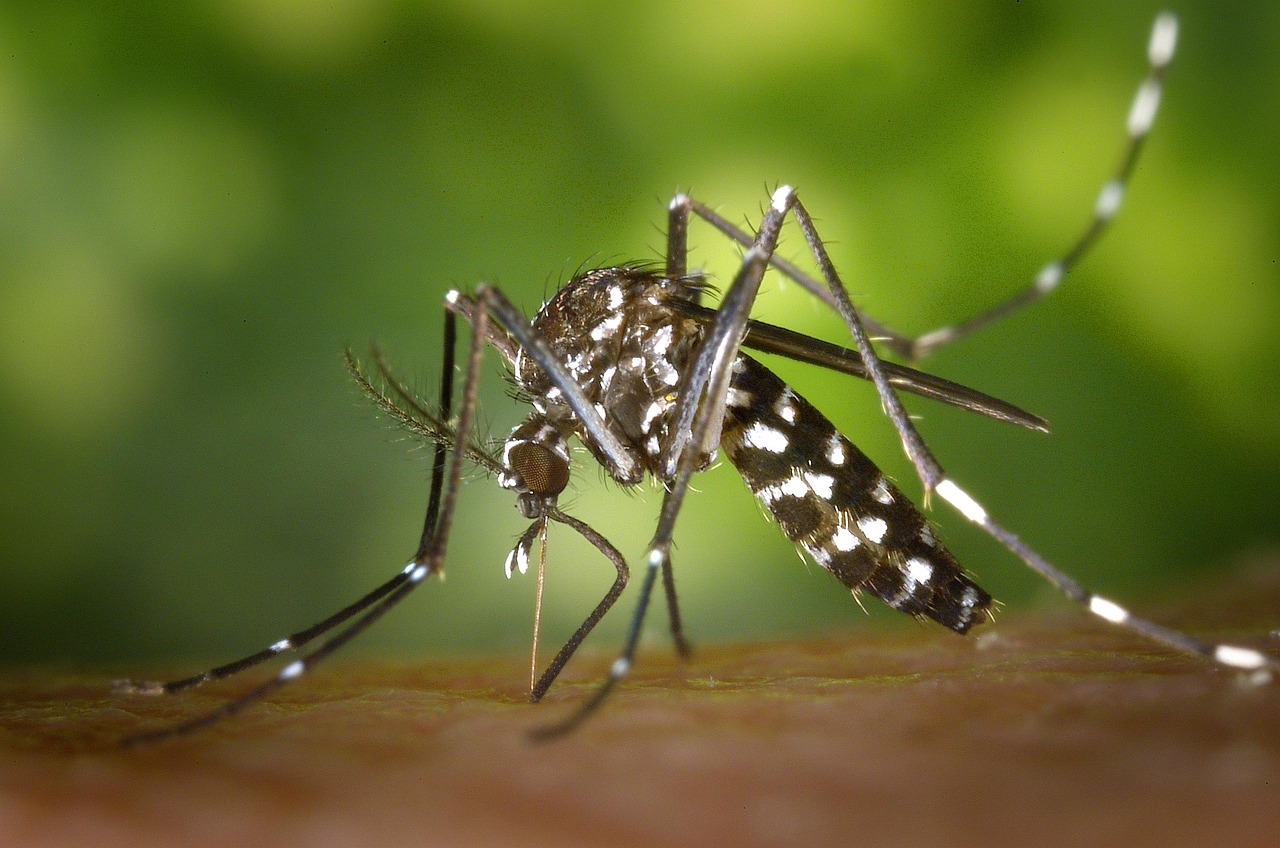
Creating vaccine-delivering mosquitoes requires precise genetic engineering techniques that would make even the most skilled surgeon envious. Scientists use CRISPR-Cas9 technology to edit the mosquito’s DNA, inserting genes that code for specific vaccine proteins into the insect’s salivary glands. This process is incredibly delicate, as researchers must ensure the modifications don’t interfere with the mosquito’s natural biology or survival. The engineering process involves multiple steps, starting with identifying the exact genes responsible for saliva production and then carefully replacing or modifying them. Scientists must also ensure that the vaccine proteins are stable, properly folded, and delivered in therapeutic doses. Each genetically modified mosquito essentially becomes a living, breathing vaccine factory that can produce and deliver its therapeutic cargo for weeks or even months.
Revolutionary Malaria Vaccine Delivery Trials
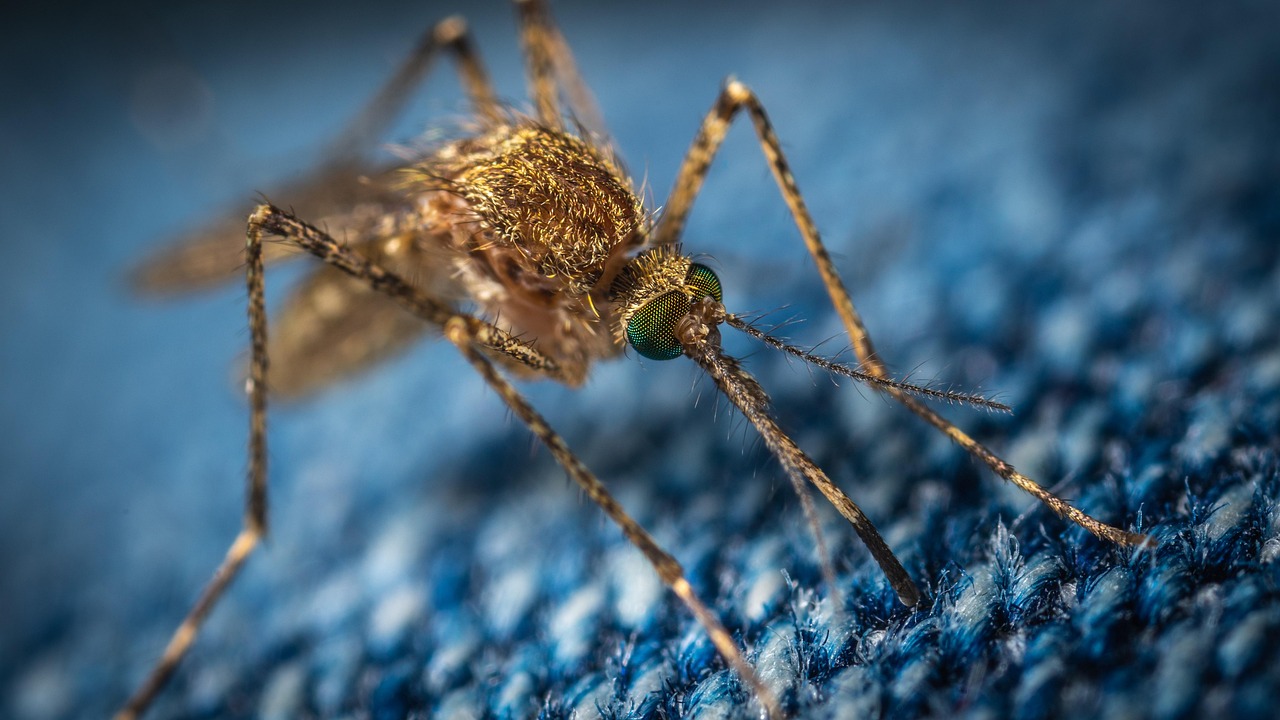
Some of the most promising research has focused on using engineered mosquitoes to deliver malaria vaccines, which represents a beautiful irony since mosquitoes are responsible for spreading the disease in the first place. Researchers have successfully modified Anopheles mosquitoes to carry malaria-fighting antibodies in their saliva, creating a scenario where a mosquito bite could actually protect you from the very disease these insects typically spread. Laboratory trials have shown that mice bitten by these genetically modified mosquitoes developed immunity to malaria parasites. The antibodies delivered through mosquito saliva remained active in the bloodstream for extended periods, providing long-lasting protection. This approach could revolutionize malaria prevention in regions where traditional vaccination programs face logistical challenges.
Tackling Dengue Fever Through Mosquito Biotechnology
Dengue fever affects millions of people worldwide, and researchers are exploring how genetically modified mosquitoes could deliver protective vaccines against this devastating disease. The challenge with dengue is that there are four different virus strains, and infection with one strain can actually make subsequent infections more severe. Scientists are working to engineer mosquitoes that can deliver multi-strain protection through their saliva. The approach involves programming mosquitoes to produce antibodies that target multiple dengue virus strains simultaneously. This could provide comprehensive protection that’s difficult to achieve with traditional vaccines. Early research suggests that mosquito-delivered dengue vaccines could offer broader and more durable immunity compared to conventional vaccination methods.
Zika Virus Prevention Through Engineered Insect Vectors
The Zika virus outbreak of 2015-2016 highlighted the urgent need for innovative prevention strategies, and engineered mosquitoes offer a promising solution. Scientists are developing mosquitoes that can deliver Zika-fighting antibodies through their saliva, potentially providing protection before exposure to the virus. This approach is particularly valuable for pregnant women in affected regions, as Zika can cause severe birth defects. Research teams have successfully created mosquitoes that produce anti-Zika antibodies in their salivary glands, and preliminary studies show these antibodies remain effective when delivered through mosquito bites. The method could provide rapid protection in outbreak situations, complementing existing prevention strategies like mosquito control and traditional vaccination programs.
Addressing Global Health Disparities
One of the most compelling aspects of mosquito-delivered vaccines is their potential to address healthcare inequalities in remote and underserved communities. Traditional vaccination programs often fail to reach populations in areas with limited healthcare infrastructure, poor road networks, or political instability. Mosquitoes, however, have no trouble reaching these communities – they’re already there, doing what they do best. This technology could democratize healthcare access by bringing vaccines directly to people who need them most. Imagine rural communities in sub-Saharan Africa or remote villages in Southeast Asia receiving life-saving vaccines through naturally occurring mosquito populations. The approach could eliminate many barriers to vaccination, including cost, logistics, and the need for trained healthcare workers.
Environmental and Ecological Considerations
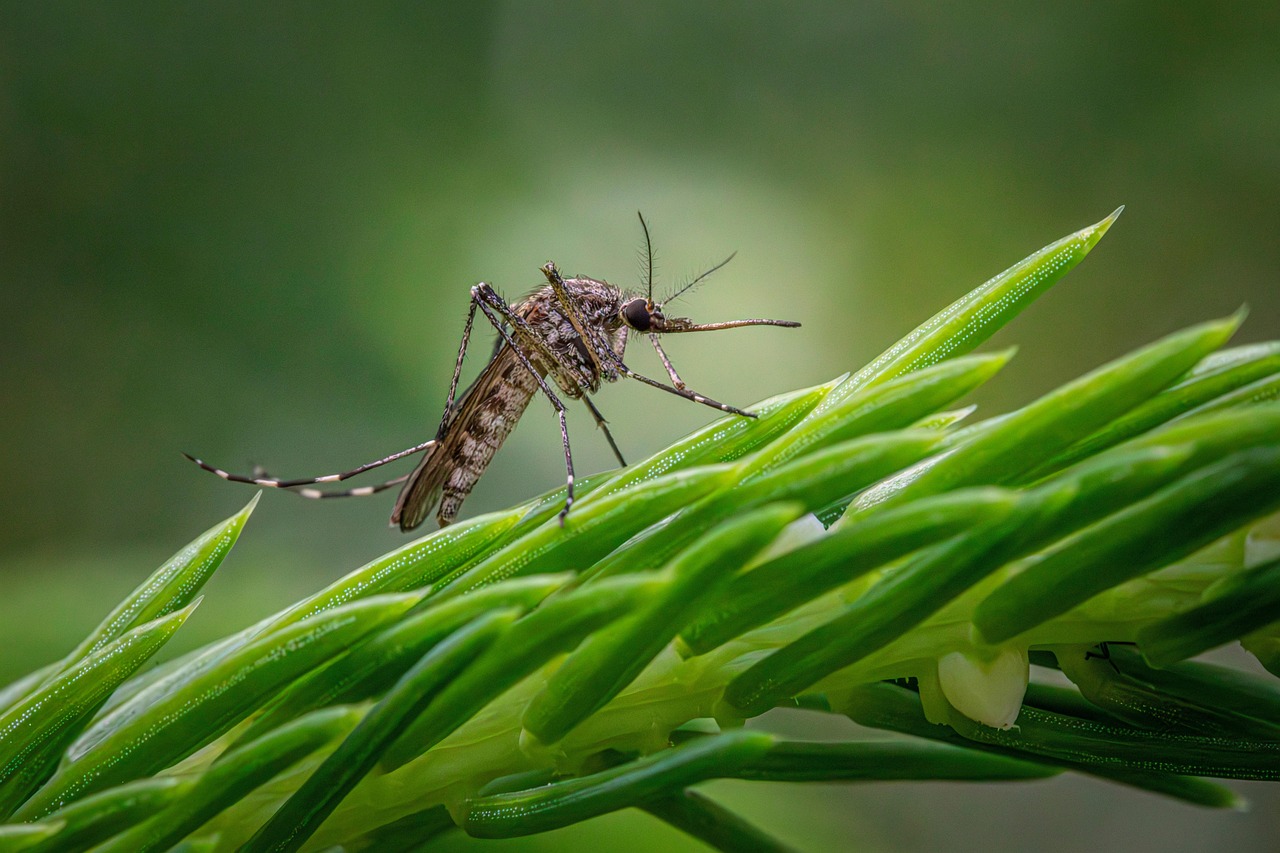
While the medical potential is exciting, releasing genetically modified mosquitoes into the environment raises important ecological questions. Scientists must carefully consider how these engineered insects might affect local ecosystems, food webs, and biodiversity. There’s also the question of whether genetic modifications could spread to wild mosquito populations and what consequences that might have. Researchers are developing containment strategies to prevent uncontrolled spread of genetic modifications, including “gene drives” that could theoretically eliminate engineered traits from populations if necessary. Environmental impact studies are ongoing, and regulatory frameworks are being developed to ensure responsible deployment of this technology. The goal is to harness the benefits while minimizing potential risks to natural ecosystems.
Overcoming Public Perception and Acceptance Challenges
Perhaps the biggest hurdle facing mosquito-delivered vaccines isn’t scientific – it’s psychological. The idea of intentionally allowing mosquitoes to bite you for medical purposes goes against every instinct most people have developed over a lifetime of swatting these insects away. Public health officials recognize that acceptance will be crucial for successful implementation of this technology. Education campaigns will need to help people understand that genetically modified mosquitoes are fundamentally different from their disease-carrying cousins. Marketing this technology will require careful messaging that emphasizes safety, efficacy, and the potential to save lives. Some communities may be more receptive than others, particularly those already dealing with high rates of mosquito-borne diseases.
Regulatory Pathways and Safety Protocols
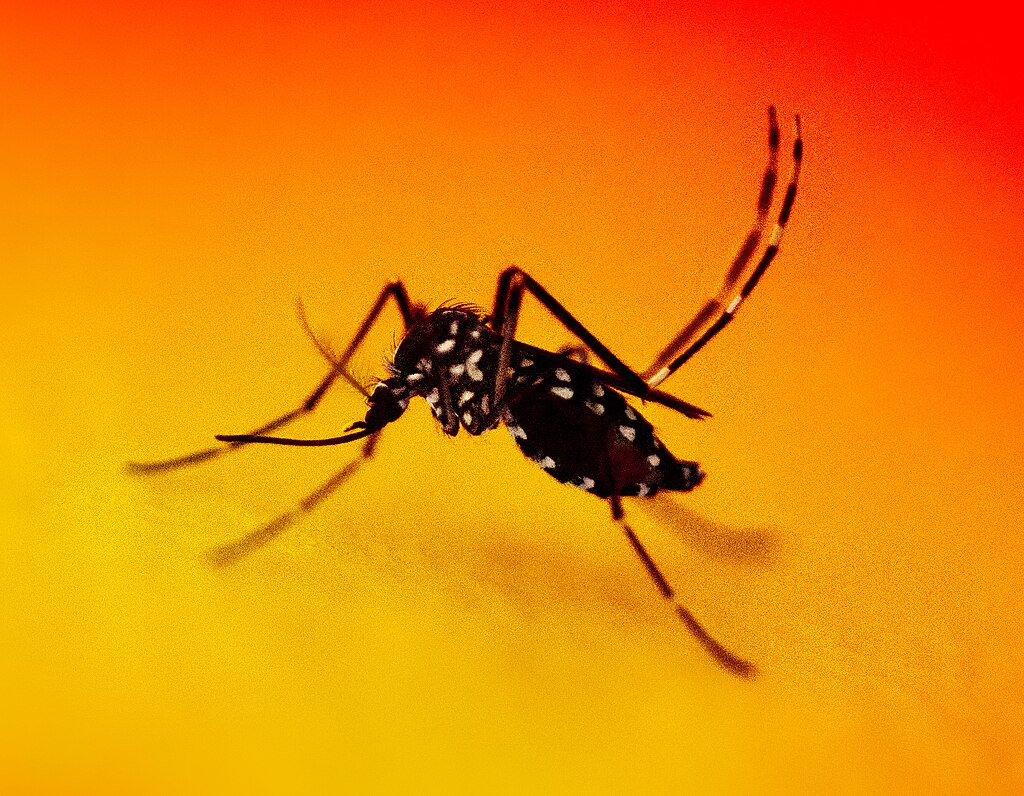
Before genetically modified mosquitoes can be used for vaccine delivery, they must navigate complex regulatory approval processes in countries around the world. These protocols are designed to ensure safety for both humans and the environment, but they also present significant challenges for researchers hoping to bring this technology to market quickly. Safety testing must demonstrate that the genetically modified mosquitoes don’t introduce new risks, that the vaccine proteins are delivered in appropriate doses, and that the modifications don’t create unexpected health effects. Regulatory agencies are developing new frameworks specifically for evaluating genetically modified organisms used in medical applications, balancing innovation with precaution.
Current Limitations and Technical Challenges
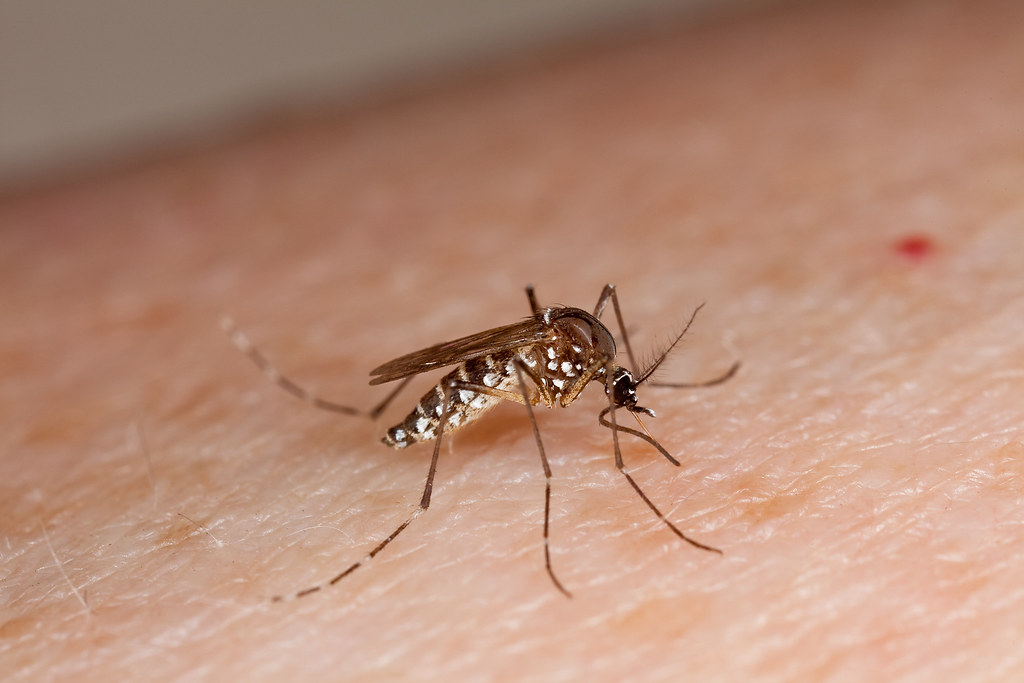
Despite the promising research, significant technical hurdles remain before mosquito-delivered vaccines become widely available. Scientists must solve problems related to dosage control, ensuring that each mosquito bite delivers the right amount of vaccine. There’s also the challenge of maintaining vaccine stability in the mosquito’s salivary glands and preventing degradation over time. Another major challenge is controlling where and when the mosquitoes deliver their vaccines. Unlike traditional vaccination programs where timing and location are carefully managed, mosquito-delivered vaccines would be subject to natural mosquito behavior and population dynamics. Researchers are exploring ways to influence mosquito behavior or create more predictable delivery patterns.
Future Applications Beyond Infectious Diseases
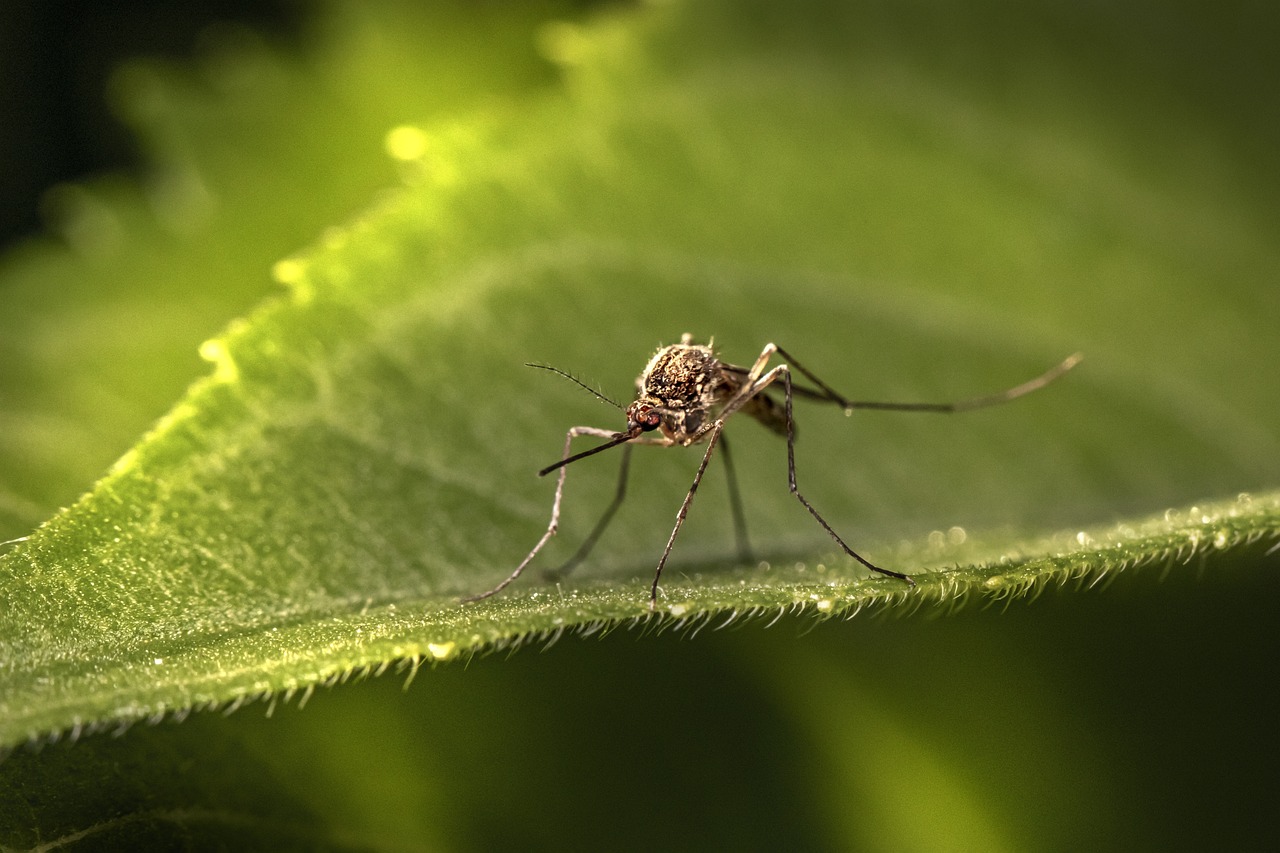
While current research focuses primarily on infectious diseases, the potential applications for mosquito-delivered therapeutics extend far beyond vaccines. Scientists are exploring how genetically modified mosquitoes could deliver cancer treatments, hormone therapies, or even gene therapies directly into patients. The mosquito’s natural ability to target blood vessels makes it an ideal delivery system for systemic treatments. Some researchers envision mosquitoes that could deliver personalized medicine based on the individual they’re biting, using sophisticated genetic sensors to tailor treatments in real-time. Others are exploring how mosquito-delivered therapies could treat chronic conditions like diabetes or autoimmune diseases. The possibilities seem limited only by our imagination and technical capabilities.
The Timeline for Real-World Implementation
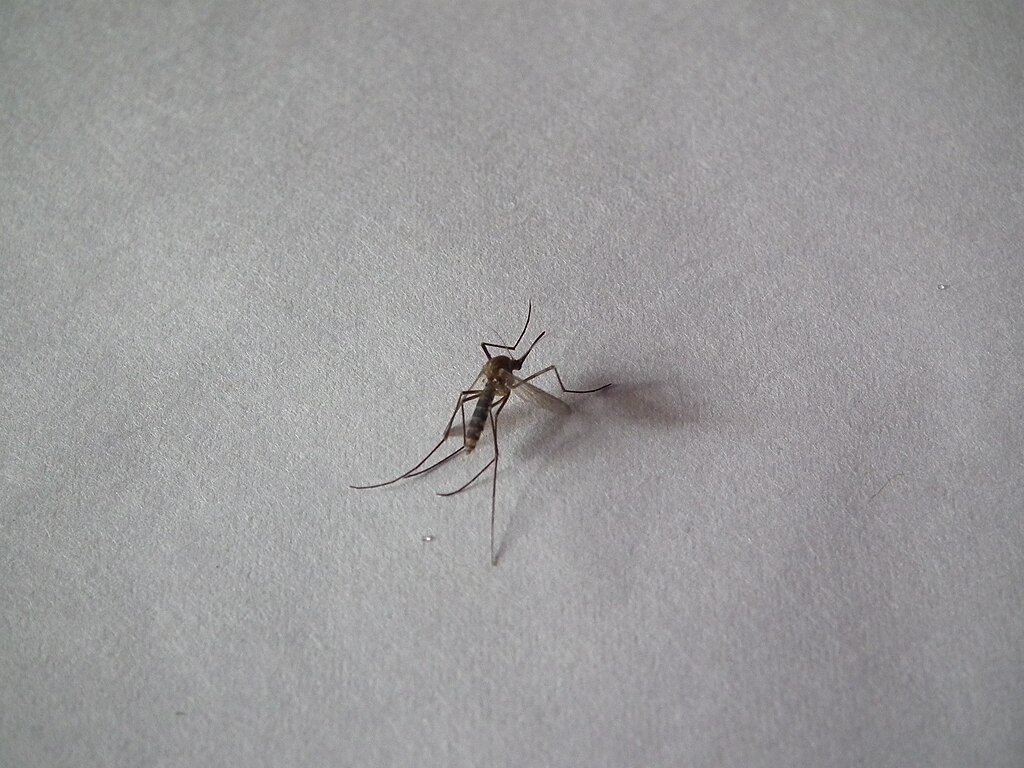
While the science is advancing rapidly, experts estimate that mosquito-delivered vaccines are still several years away from real-world deployment. Current research is primarily in laboratory and controlled field trial phases, with larger-scale testing likely to begin within the next decade. The timeline depends heavily on regulatory approval processes, public acceptance, and continued research funding. Some applications may reach the market sooner than others, particularly in regions with high rates of mosquito-borne diseases where the benefits clearly outweigh the risks. Emergency use authorizations during disease outbreaks could accelerate deployment timelines, similar to how COVID-19 vaccines were fast-tracked during the pandemic.
Transforming the Fight Against Disease
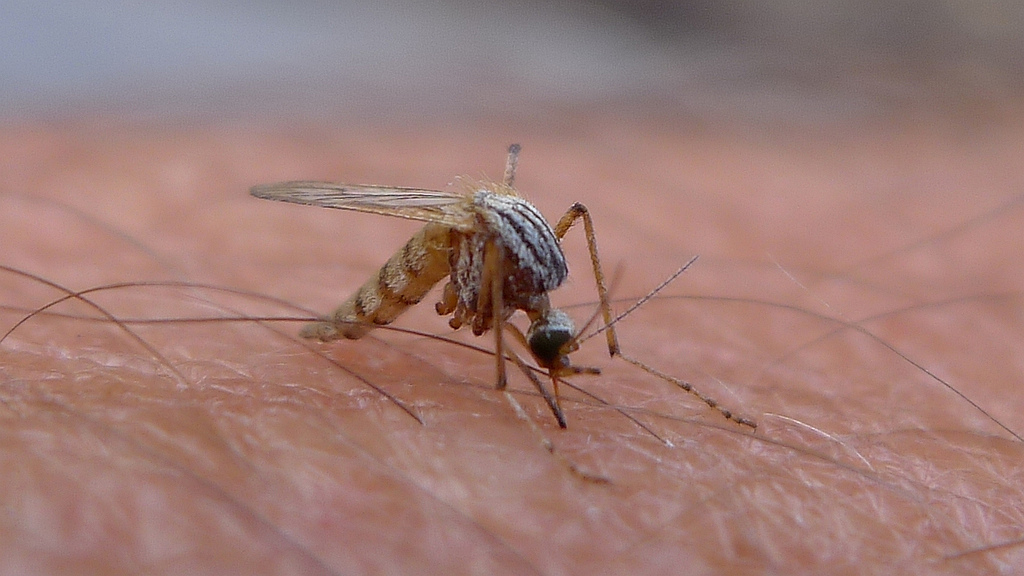
The potential to transform mosquitoes from humanity’s enemies into our allies represents one of the most innovative approaches to global health challenges in recent memory. By engineering these insects to deliver vaccines instead of diseases, scientists are essentially turning the tables on millions of years of evolutionary warfare between humans and mosquitoes. This technology could revolutionize how we think about disease prevention, moving from reactive treatment to proactive, widespread protection delivered by nature’s own distribution network. The irony is striking – the very insects that have plagued humanity for millennia could become our greatest partners in achieving global health equity. If successful, this approach could save millions of lives and fundamentally change the trajectory of infectious disease control worldwide. What started as a wild idea in a laboratory could soon become reality in communities around the globe, proving once again that sometimes the most unlikely solutions can emerge from the most unexpected places. The humble mosquito, long regarded as one of nature’s greatest pests, might just become one of medicine’s greatest tools.
